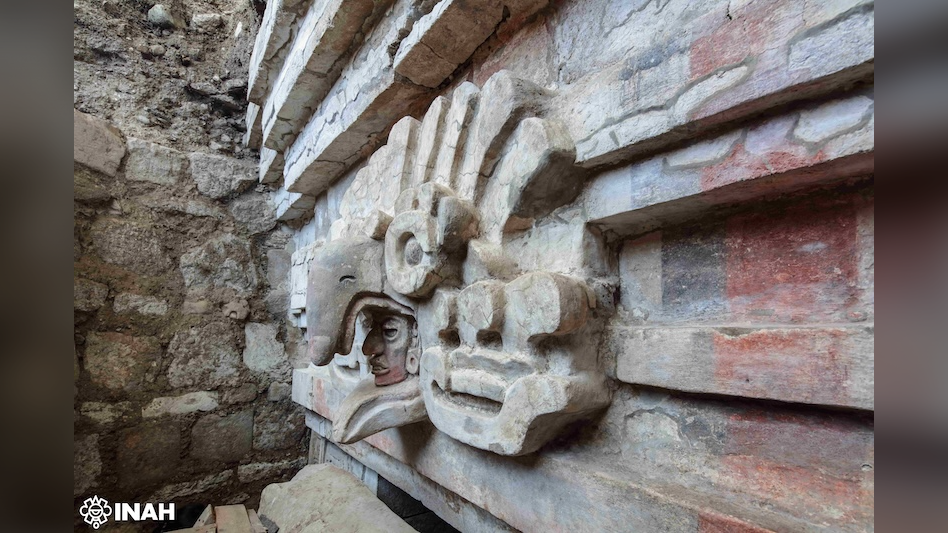Scientists Stalk Mystery of Smelly 'Asparagus Urine'
If you've eaten asparagus, you have probably smelled it. But if you are one of those who can eat asparagus without later experiencing sulfur-scented pee, is it because you can't smell it or because your pee really is asparagus odor-free?
A new study says either scenario could be true. The researchers also identified a single variation in the DNA code associated with a person's sensitivity to the smell of asparagus pee.
"Everyone has his or her own sensory world when it comes to the sense of smell," said Marcia Levin Pelchat, a neuroscientist at the nonprofit, independent Monell Chemical Senses Center, and one of the researchers.
"We suspected that individual differences in ability to detect this aroma after eating asparagus might be related to genetic differences in olfactory receptors," Pelchat said. "And that is something that is being studied very intensively in order to help us better understand how the system codes for different smells."
The researchers also had to consider the possibility that not everyone produced this smell, and that the potential difference in metabolism responsible for the presence or absence of the scent could be a marker for an important genetic variation, she said.
Shakespeare knew about it
Attempts to identify the compounds responsible for the odor date back to 1891, and observations extend beyond the world of science. Benjamin Franklin noted the "disagreeable odor" caused by a few stalks, while the French novelist Marcel Proust had a more amenable take on it: "As in a Shakespeare fairy-story transforms my chamber-pot into a flask of perfume," according to the researchers.
Get the world’s most fascinating discoveries delivered straight to your inbox.
In fact, previous research using survey and genetic data identified a genetic marker associated with the ability to perceive the odor of asparagus pee. But scientists still weren't sure whether some people also didn't have scented urine.
In the new study, the researchers recruited 38 participants who gave urine samples twice, before and after eating bread or asparagus (the eating sessions were spaced at least three days apart). Then the participants returned and sniffed other participants' urine and their own in separate sessions, which were limited to prevent nose fatigue. At each session, they were asked three times to distinguish between urine produced after eating asparagus or bread and between urine produced before and after eating asparagus. The scientists also tested their general olfactory ability.
The scientists also collected DNA from cheek swabs. Three of the participants' urine did not appear to carry an asparagus odor that was detectable to those who smelled it. Meanwhile, two participants were unable to differentiate the asparagus pee from the other urine samples. Even though one person fell into both categories, the researchers found no connection between the inability to smell and produce the odor.
The genetic results revealed that a single alteration in the DNA, within a cluster of genes that code for the olfactory receptors, which sense odor and pass it along to the brain, was associated with an increased ability to smell the odor. Other genes are probably involved as well, according to Pelchat.
Bouquet of aromas
It's still not entirely clear what chemical or chemicals are responsible for the odor, a question Pelchat hopes to tackle in future research.
"It may be there are a bouquet of aromas that constitute what we call asparagus pee smell," she said, noting that sulfur compounds tend to be unstable and break down when heated. "We really do need some good analytical chemistry to nail down what compounds that really are associated with asparagus pee."
Participants are critical to the test. "We need more people, and luckily, we have a very good asparagus recipe so people are willing to participate in our study," Pelchat said.
 Live Science Plus
Live Science Plus






